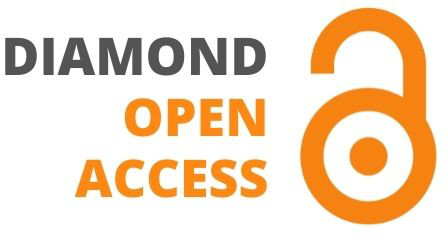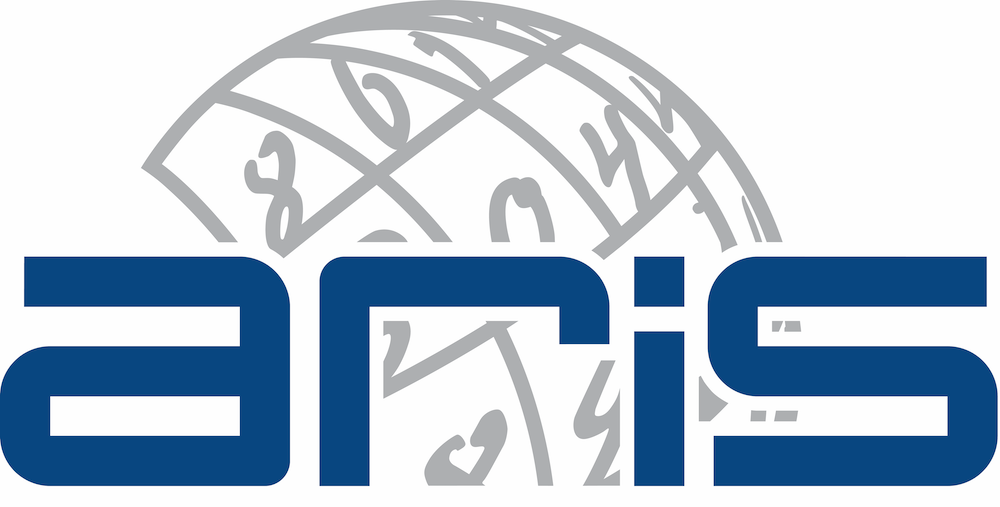Journal of Information Technology in Construction
ITcon Vol. 9, pg. 297-311, http://www.itcon.org/2004/20
Feasibility study of field force automation in the Swedish construction sector
| submitted: | March 2004 | |
| revised: | July 2004 | |
| published: | August 2004 | |
| editor(s): | Rebolj D. and Menzel K. | |
| authors: | Thomas Olofsson, Professor eBygg - Center for Information Technology in Construction Department of Civil and Environmental Engineering, Luleå University of Technology, Sweden email: thomas.olofsson@ltu.se, http://www.cee.ltu.se Mats Emborg, Ass Professor Structural Engineering, Department of Civil and Environmental Engineering, Luleå University of Technology, Sweden email: mats.emborg@ltu.se, http://www.cee.ltu.se | |
| summary: | Field Force Automation (FFA) is a generic term for mobile applications used in real-time support of orders, scheduling, supervising and reporting in the field. The result from in-depth interviews with people in the construction, the facility management and the supply industry is presented with the purpose to answer the following questions. (1) Where can FFA system be applied in the construction sector? (2) What is the economic impact of FFA systems? (3) How should FFA systems be introduced in specific operations? According to the results from interviews and ROI estimates, FFA can significantly increase the productivity of many construction related field operations through real time planning support, work allocation and follow-up provided that the technical solutions are adapted to the end user. The benefits are reduced lead times, more efficient use of resources in the field and enhanced quality of work. | |
| keywords: | field force automation, mobile communication, building services, construction, concrete delivery, return on investment. | |
| full text: | (PDF file, 1.558 MB) | |
| citation: | Olofsson T and Emborg M (2004). Feasibility study of field force automation in the Swedish construction sector, ITcon Vol. 9, Special issue Mobile Computing in Construction, pg. 297-311, https://www.itcon.org/2004/20 |





